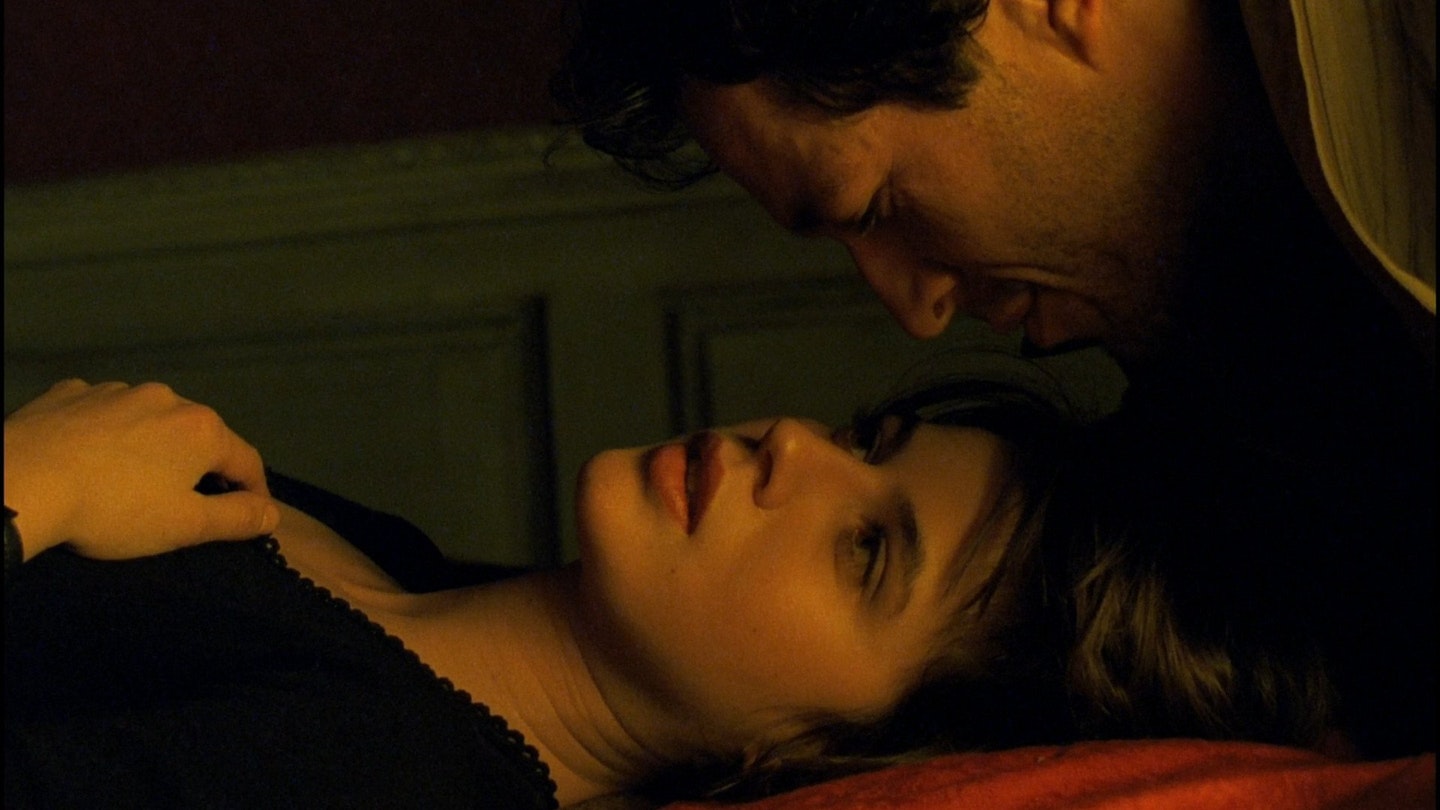Krzysztof Kieslowski's first film outside his native Poland is meticulously balanced between the mystical and the mysterious to enable viewers to decide for themselves whether the lives of two women sharing several physical, cultural and psychological traits are linked by pure coincidence or a grander design.
Divinely photograped through golden filters by Slawomir Idziak, to emphasise the warmth of the worlds inhabited by Veronika in Krakow and Véronique in Paris, this is a film of great fragility and beauty, with the delicacy of the puppet theatre and Zbigniew Preisner's score being embellished by the surfeit of reflective surfaces that project the imagery back on itself and, thus, reinforce the overall sense of duality.
Irène Jacob is simply sublime and thoroughly merited the Best Actress prize at Cannes. However, she wasn't Kieslowski's first choice for the role and it's hard to imagine how the film might have turned out had Andie MacDowall been cast.
It would have retained its experimental abstraction, however, as Kieslowski seems to be rehearsing the transcendent style he would employ on the Three Colours trilogy. As she would be in the concluding part, Jacob is swathed in red throughout, as though she is cocooned by the forces controlling her destiny and Kieslowski is celebrating the use of a shade that had now lost its political overtones, with the fall of Communism. The star is also rescued from its Soviet associations, as it's suggested that Veronika's journey parallels that of the Magi (whose story is mentioned early in the action by her mother) as they made their way to Bethlehem.
Kieslowski permitted a considerable amount of ambiguity to cloud the conclusion. But the audience at the New York premiere didn't understand the significance of Véronique's reverie by the tree and, so, Kieslowski shot an additional minute, in which her father (Claude Duneton) comes out to call to her and she runs into his arms.
Compelling, challenging and irresistibly beautiful, this delicate metaphysical masterpiece only emphasises how much cinema lost through Krzysztof Kieslowski's tragically early death.
